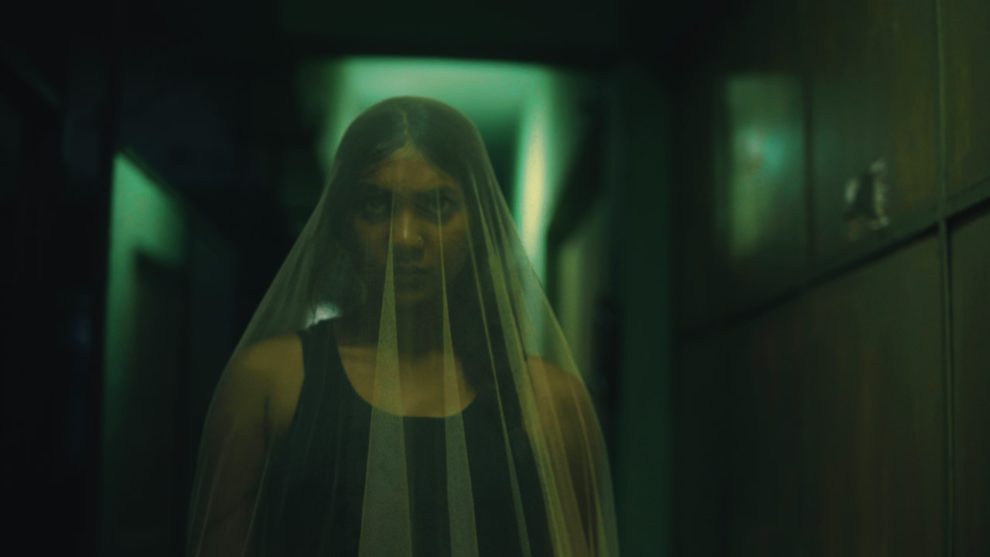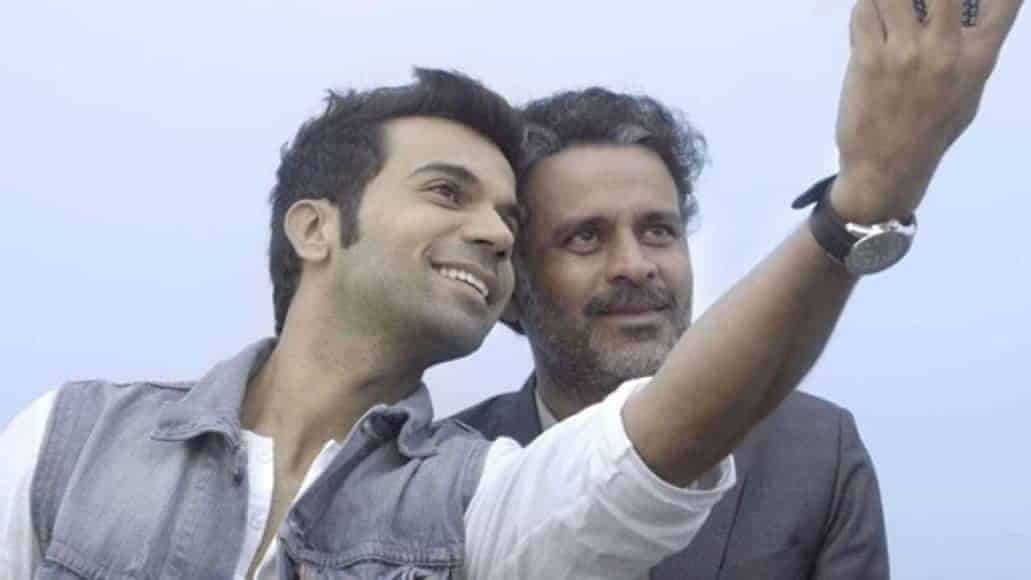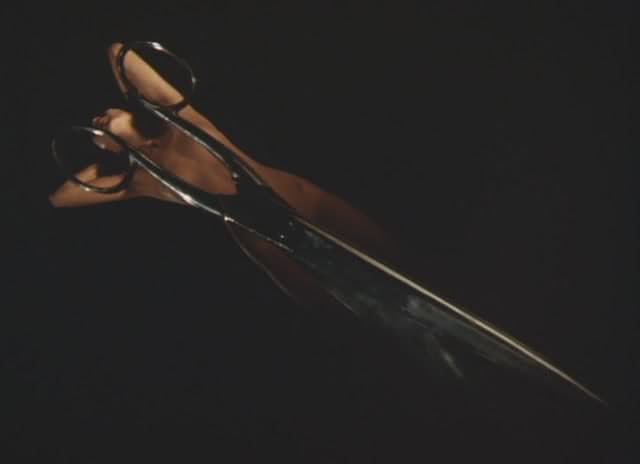by Fahmidul Haq
The Cinema of Bangladesh continues its renewed vibrance in 2022 which began in the last year. In this post-pandemic year, Bangladeshi theaters were hit by two blockbusters – “Hawa” and “Poran”. These two films also got global theatrical release in the USA, the UK, Australia and in a few more countries, primarily targeting the diaspora Bangladeshis which is also a new phenomenon established by these two films.
This year some films earned critical acclaim too by winning awards in Moscow, Austin and Kolkata. Among the selected 10 films, at least three are made by debutant directors, which signifies that a bunch of upcoming directors with the previous ones will ensure the decade of 2020s as the new wave of Bangladeshi Cinema. However, restrictive censor codes are barriers here and director Mostofa Sarwar Farooki was found outspoken this year in the process of prolonged censor battle for his film Shonibar Bikel (Saturday Afternoon) which was made in 2019 and has yet to get the censor certificate. Directors united at the end of the year and formed the Film Alliance of Bangladesh (FAB), seeking artistic freedom.
Local streaming platforms arrived with significance, producing features, short fictions, anthologies and documentaries. The platform Chorki led the streaming industry in 2022. The lists here include four web films that were produced and distributed by streaming platforms.
On a different note, Rubayiat Hossain's film “Made in Bangladesh” got international release in 2019 and after the pandemic it was released in Bangladesh in 2022 with a different title, “Shimu”. Previously I included the film on a different list (https://asianmoviepulse.com/2020/09/20-great-bangladeshi-films-of-the-21st-century/2/) and the film is excluded here.
1. Hawa (Dir. Mejbaur Rahman Sumon)
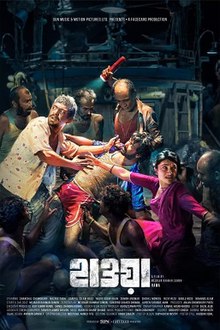
Debutant director Mejbaur Rahman Sumon's ‘Hawa' (lit. meaning the wind) arrived as a gusty wind in the cine-scenario of Bangladesh. The film is about the journey of an all-men team on a fishing trawler in the deep sea. Suddenly, a beautiful woman is caught in the fishing net and the libidinal acts of the fishermen grow. Most importantly, some mysterious incidents start taking place. The film ultimately becomes a story of vengeance. It becomes a modern-day tale of the legendary conflict between local deity Manasa and Chand Merchant.
The Chanchal Chowdhury starrer film got theatrical release in the USA, the UK, Australia, India and in some other countries and became the highest grossing film of the year. Emon Chowdhury's folklorish vocal music compositions, Kamrul Hassan Khosru's eye-catching cinematography and the performances by the actors ensured the craze about the film among the audience.
2. Kura Pokkhir Shunne Ura (The Golden Wings of Watercocks, dir. Mohammad Qayum)
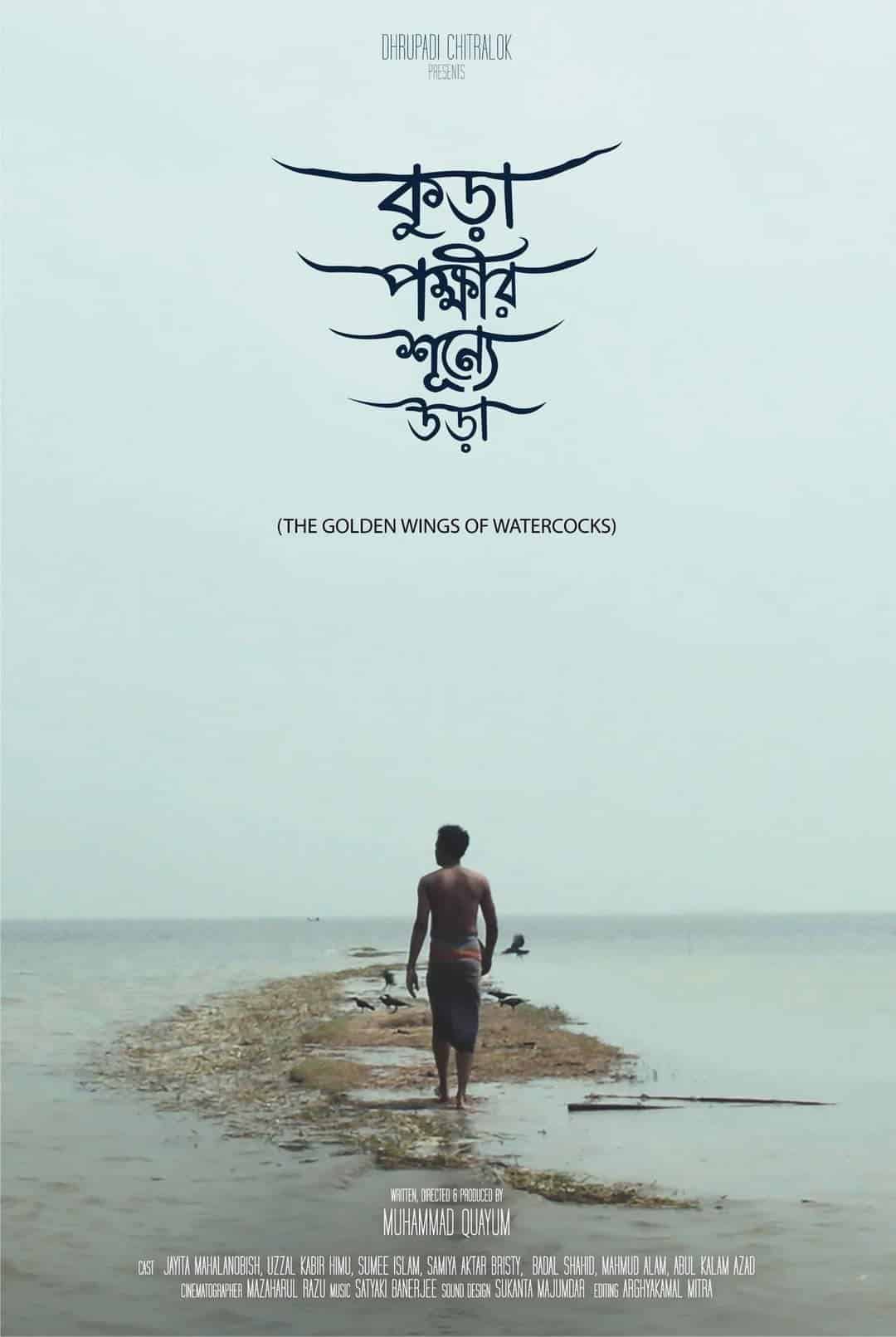
Mohammad Qayum's directorial debut at the age of 60, ‘The Golden Wings of Watercocks' depicts the struggle of 20 million people living in the North-eastern ‘Haor' region. Haor is a big waterbody that looks like the sea in the Monsoon time and turns into an agro-land during the dry season. The large bowl-shaped water body is frequently devastated by flash floods. The film shows how the lives of the poor inhabitants are affected by the whims of nature. Realist storyline and stunning cinematography are the strengths of the film.
The film won the best film award in Kolkata International Film Festival 2022, India and was promised by an international distributor for a global release in 2023.
3. Moshari (Dir. Nuhash Humayun)
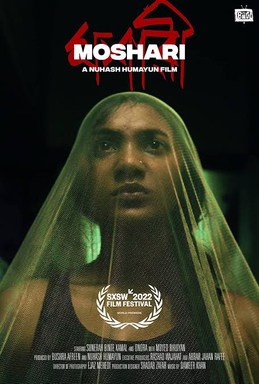
Young director Nuhash Humayun arrived in the cine scenario of Bangladesh as well as in the international festival circuit with horror genre, never explored by any Bangladeshi filmmaker. However, his own horror genre tells the stories of the spirits available in the folk tales of Bangladesh with an additional layer of social commentaries.
Moshari (lit. meaning mosquito net) describes a dystopian and post-apocalyptic society where an elder sister tries to protect the little one from the attack of vampires. They try to survive by sleeping inside a moshari during the night. The metaphoric storyline depicts that due to climate change (symbolized as vampires); the advanced western countries have been destroyed already, but with its inner strength (moshari as the symbol) defiant Bangladesh society has been trying to survive from the apocalypse.
The short film won at least three Oscar qualifying awards that include South by Southwest (Austin, USA).
Watch Moshari free here: https://www.youtube.com/watch?v=OcnsVXmOi78
4. Adim (The Instinct, dir. Juboraj Shamim)
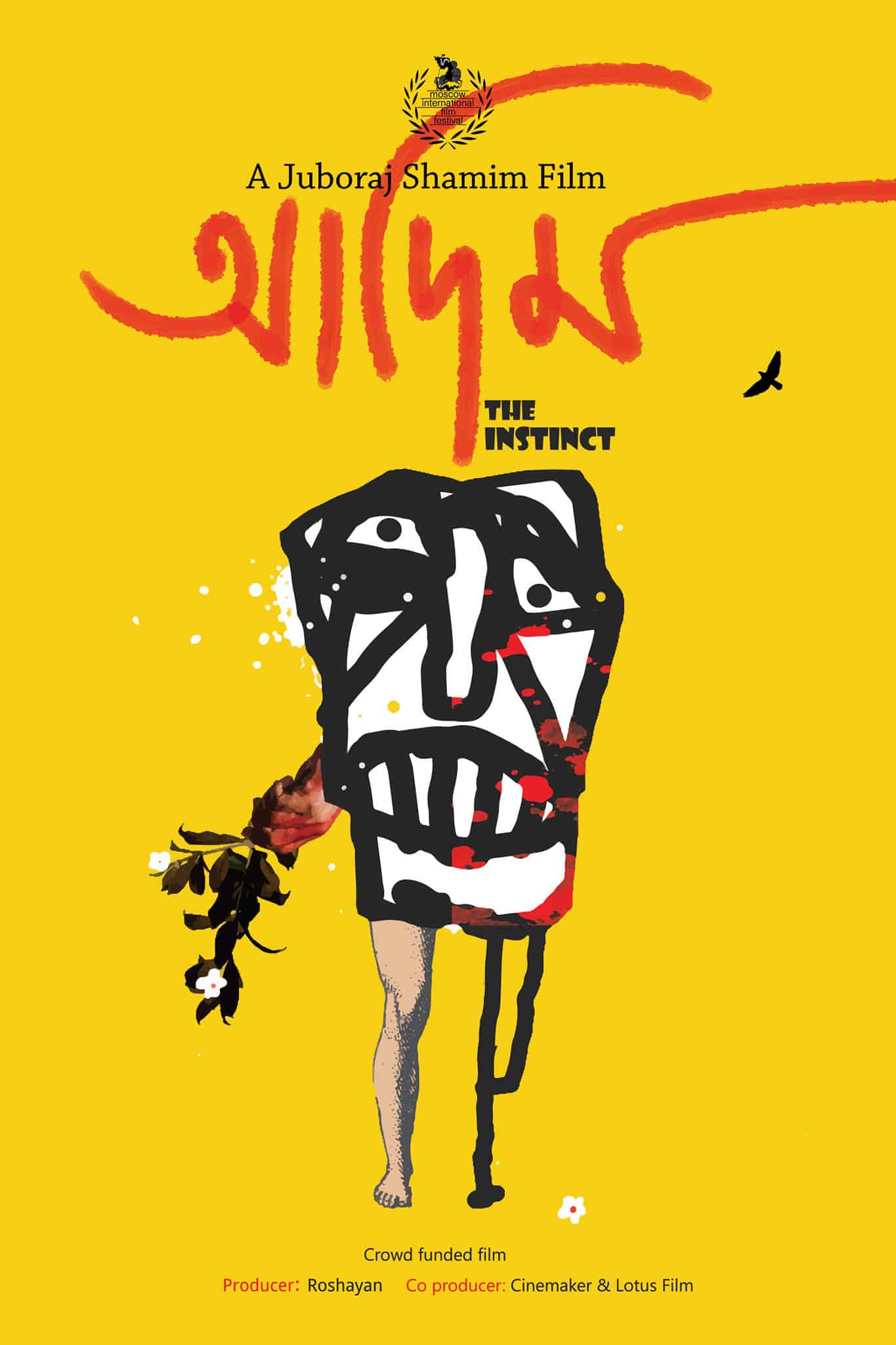
A true independent film, “Adim” was made on crowd funding and revolves around the life and struggle of the slum dwellers. Casting real-life slum dwellers and non-professional actors ensure the film looks authentic.
Juborja Shamim approached the common people to make the full-length movie and raised the entire fund for production cost by selling shares at Tk 5,000 per unit. The film bagged two prizes in the 44th Moscow International Film Festival, including the Special Jury Award.
5. Priyo Satyajit (Dear Satyajit, dir. Proshoon Rahman)
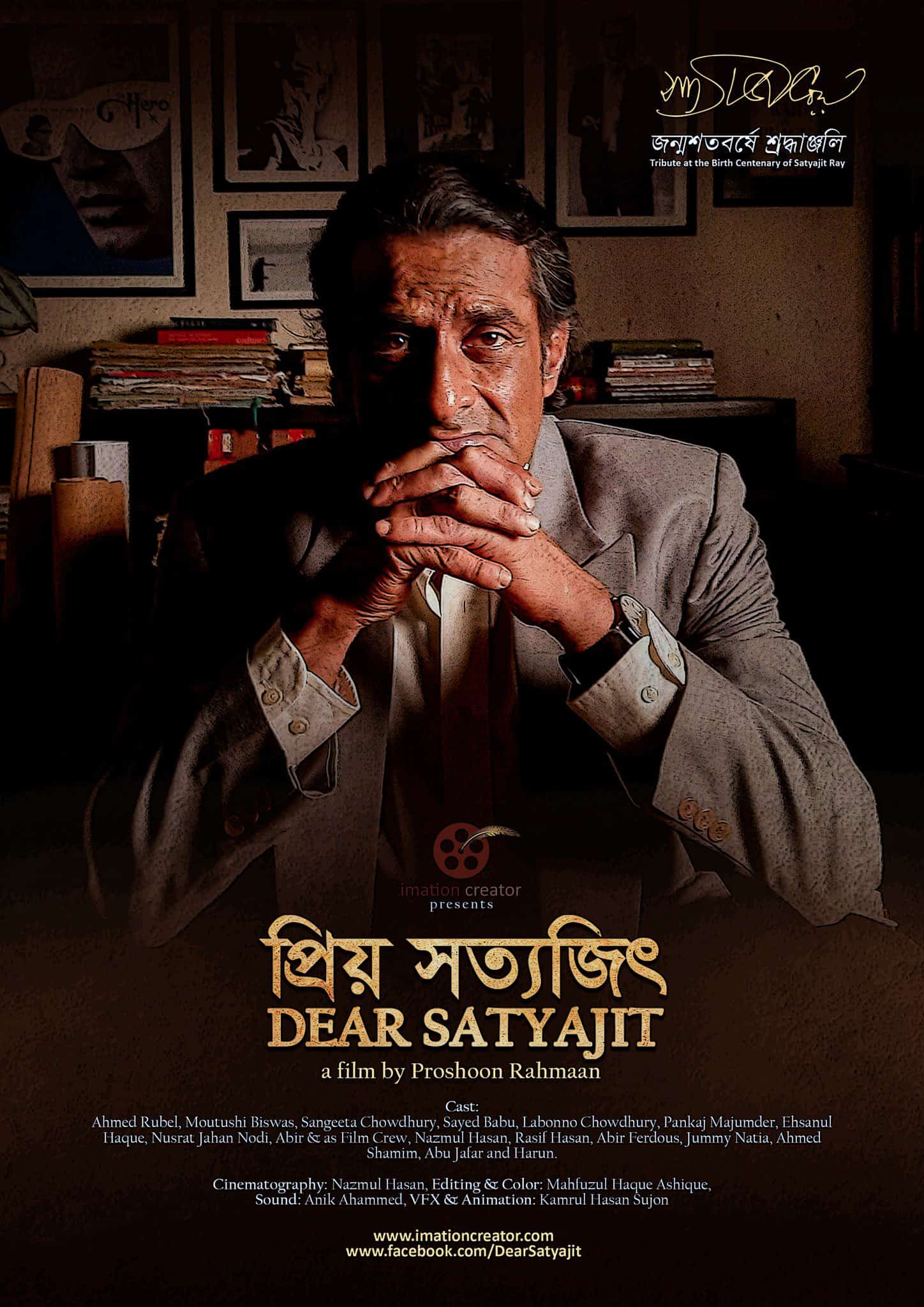
On the eve of the birth centenary (2021) of Satyajit Ray, Proshoon Rahman made the tribute film “Priyo Satyajit” which traveled in Vancouver, Canada, Florence, Italy and Kerala, India as an official selection. A young filmmaker is making a documentary here on a senior filmmaker through a journey to the ancestor's house of Ray in Kishorganj. During the journey, they talk about Ray's creations and his influence on the subsequent film community of South Asia that includes the senior filmmaker in the film. The interviewee shocks the interviewer when he says that his nickname is also Apu. He expresses how immensely he connected himself with Apu while first watching “Pather Panchali”. Their discussion transcends the discussion on Ray and covers some other issues such as aesthetics of Cinema, cultural modernity in Bengal etc.
To describe the similarity of the childhood and adolescence of the senior filmmaker with Apu, the film recreated different scenes and sequences from “Pather Panchali” and “Aparajito” by Ray and the reprised versions of the background scores from those films and it ultimately became an example of intertextuality and an extension of Apu's life.
6. Redrum (Dir. Vicky Zahed)
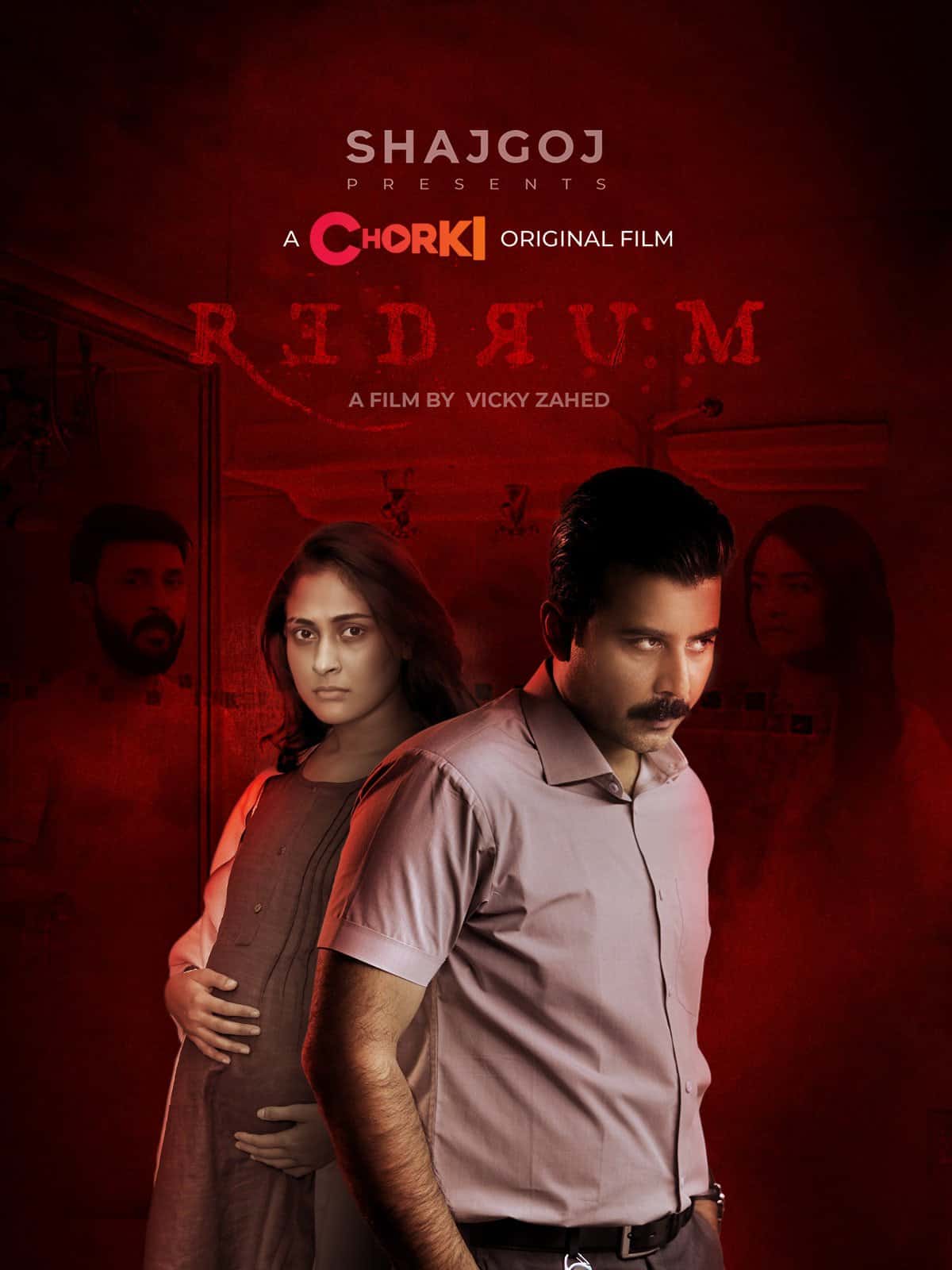
The Afran Nisho starrer murder mystery is about the case of the death of a popular singer whose wife is accused in the verdict of the case. While she waits to be hanged to death, the victim's detective friend comes to know that his role in the past is indirectly to fault for the death of the singer and his last moment findings may save the wife from the death penalty.
The web film was released on the streaming platform Chorki. The non-linear screenplay is cleverly designed to hold the thrill to the end and Nisho carries the film in the role of the detective.
7. Café Desire (dir. Robiul Alam Robi)
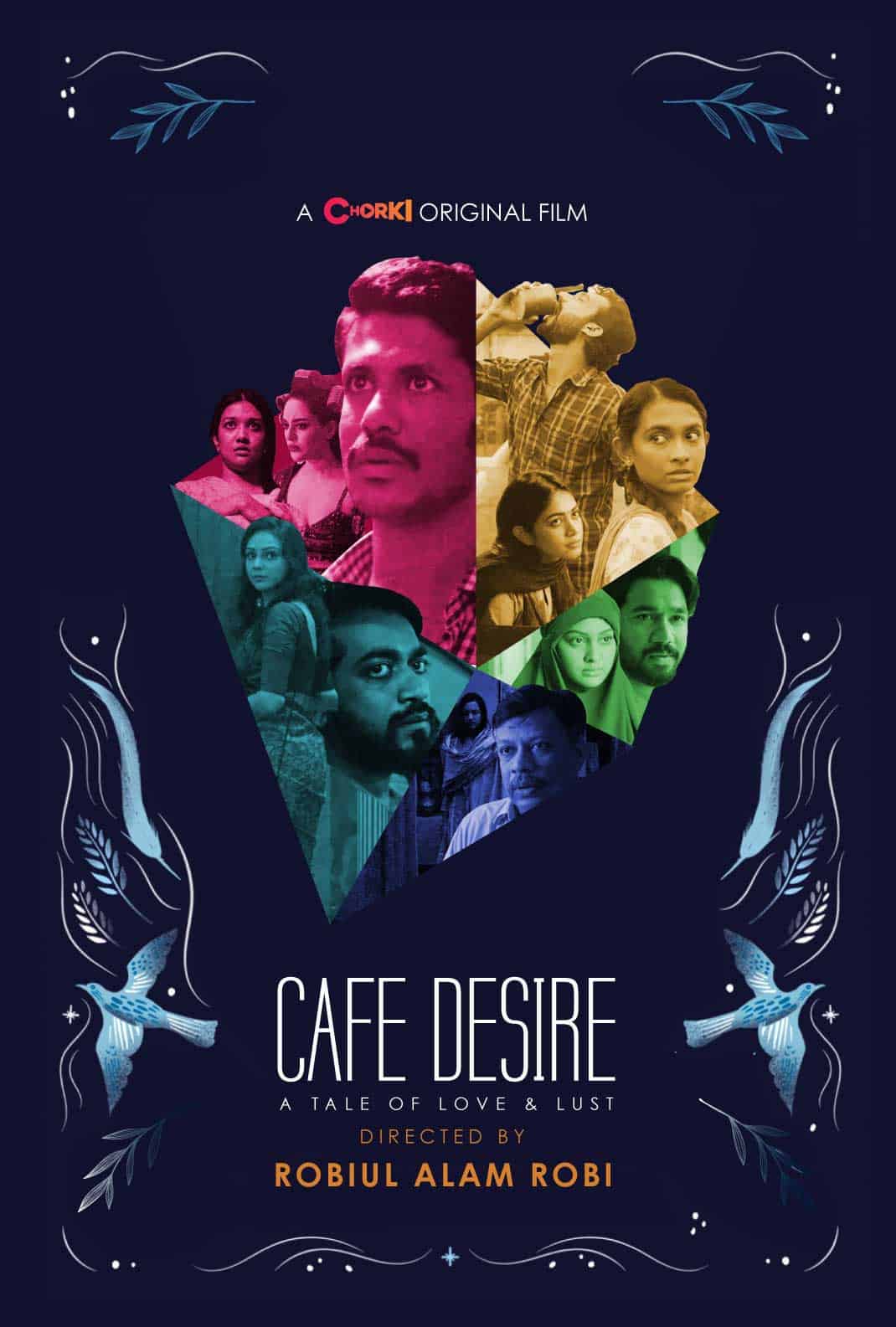
“Café Desire” is an anthology of five loosely connected stories. The stories are weaved through a single character's casual interaction from one story to another character from another story. However, the real connecting point among the stories are the themes of the film – love, lust and desire.
Shibabrata Barman's screenplay narrates the following stories – a married power station clerk ensures a blackout every night in the locality to meet secretly a police sub-inspector's daughter; a businessman meets a high society escort who puzzles him by unapologetically describing her profession; a travel agent deliberately delays his client's visa to meet her a few more times; a young girl trains herself for a local race only to attract attention of the rich boy and supposedly marrying him; a plumber cleverly takes entry into the house of the actress he is obsessed with.
The web film was released by the streaming platform Chorki.
8. Gunin (dir. Giasuddin Selim)
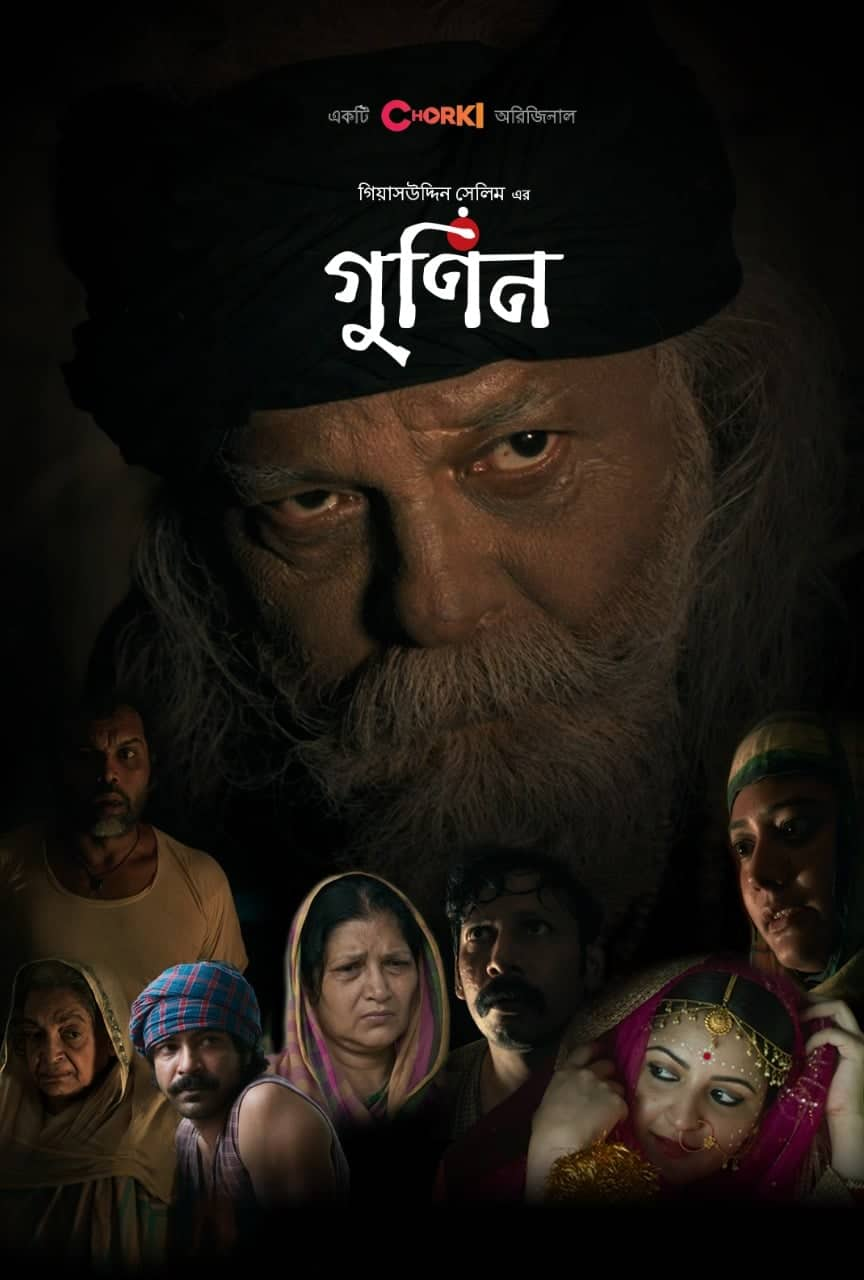
Adapted from a short story by eminent writer Hasan Azizul Huq,”Gunin” depicts an ancient rural Bengal society where people believe in the supernatural power of an exorcist (the Gunin). However, the story revolves around the conflict between two brothers as they share a love interest for the same village girl. All incidents that take place in the village have direct or indirect reference or connection to the Gunin. He himself manipulate the constructed myths for his own interest, while the villagers also use the myths as the reasons for their acts.
The film was produced by the streaming platform Chorki, but first it got a limited theatrical release.
9. Poran (dir. Raihan Rafi)
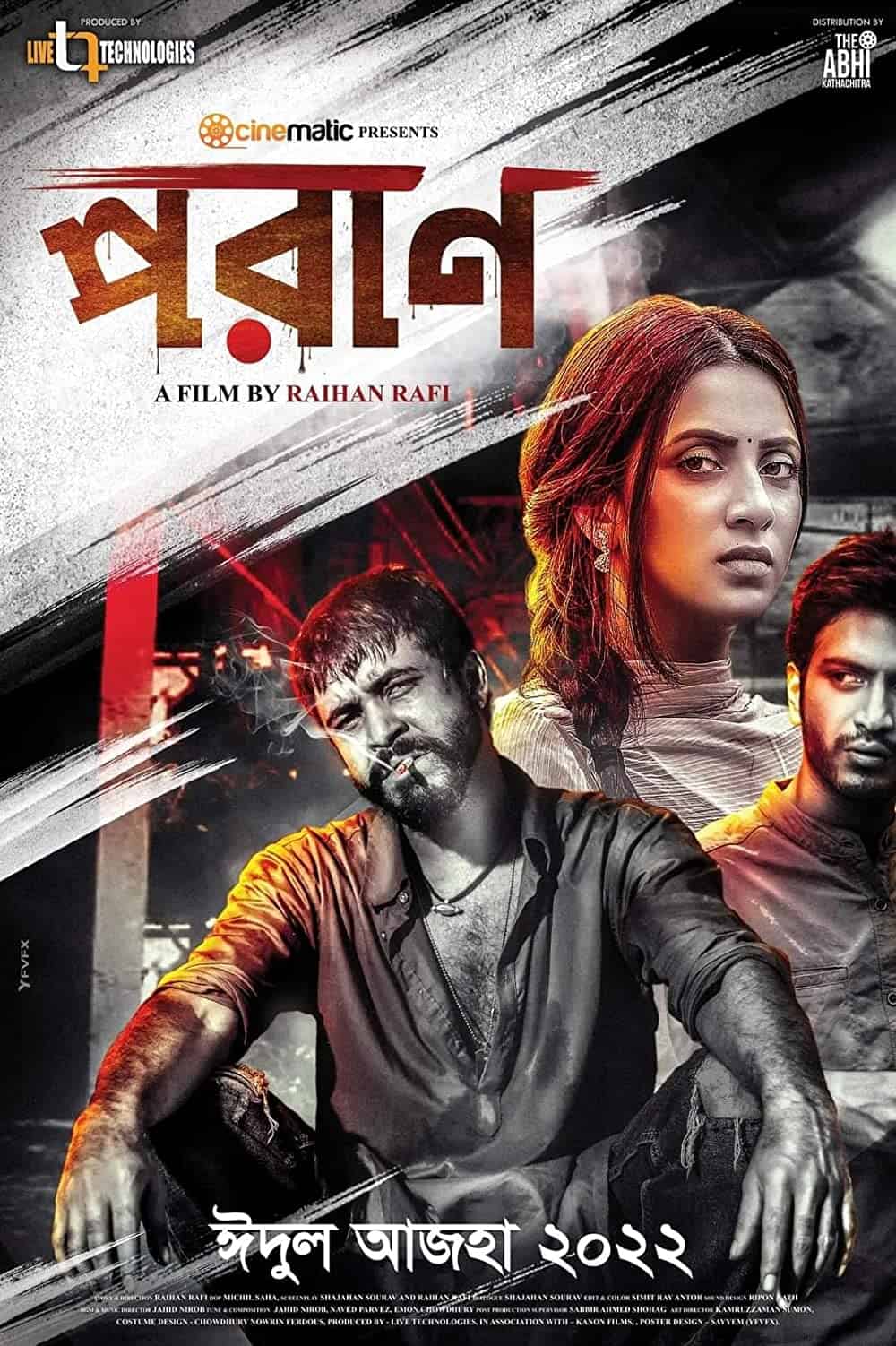
“Poran” is the highest grossing film in 2022 and was also released theatrically in eight countries including the USA, Australia and the UK.
Loosely based on true incidents, it is a triangular love story where the girl betrays her gangster lover. She marries a gentle and meritorious guy from college for a safe and better future. Due to the betrayal, the gangster is sent to jail. The gangster escapes and eventually kills the husband. The gangster was killed too by his fellow gangster. The killer was also a victim of the girl's love-trap.
The film faced criticism for its misogynistic standpoints.
10. Mayashalik (Magical, dir. Shihab Shahin)
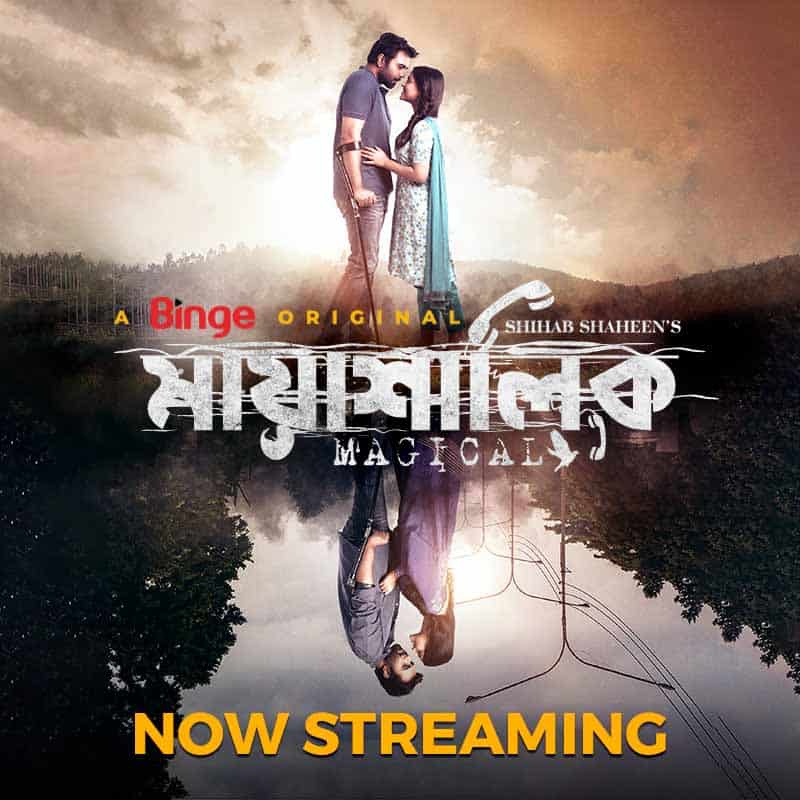
In “Mayashalik”, an aspiring novelist is going through a depression phase after losing his job as an army officer. He was injured in an UN mission overseas and has been suffering from a break-up. He takes refuge in a resort-like house where he gets an anonymous call from a young girl through a fixed phone. The subsequent conversations take them to a love relation that helps him get rid of depression. However, the old technology somehow connects two timelines and the man came to know that the girl is already dead and she was the daughter of the owner of the house.
The growing relationship between the duo is developed with care in the screenplay. The spectators are lost in the maze of the time loop and the protagonist's desperate move to overcome the limbo amazed the Bangladeshi audience as they found it as the first of its kind.
The web film is released by the streaming platform Binge.
Fahmidul Haq is visiting professor at Bard College, USA and teaches film and media. His book titles include Cinema of Bangladesh: A Brief History (2020, Nokta) and Identity Nationhood and Bangladesh Independent Cinema (2022, Routledge).


